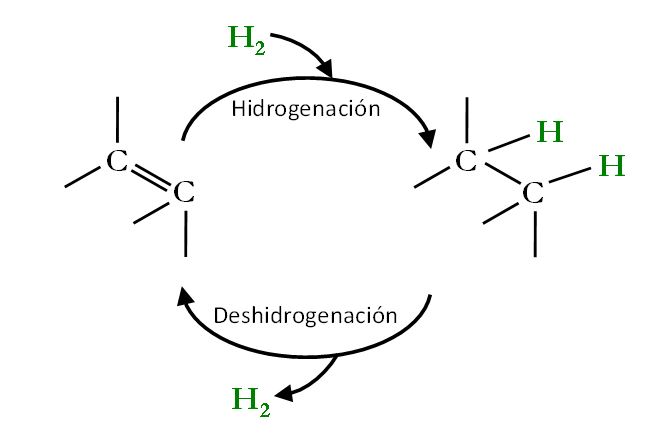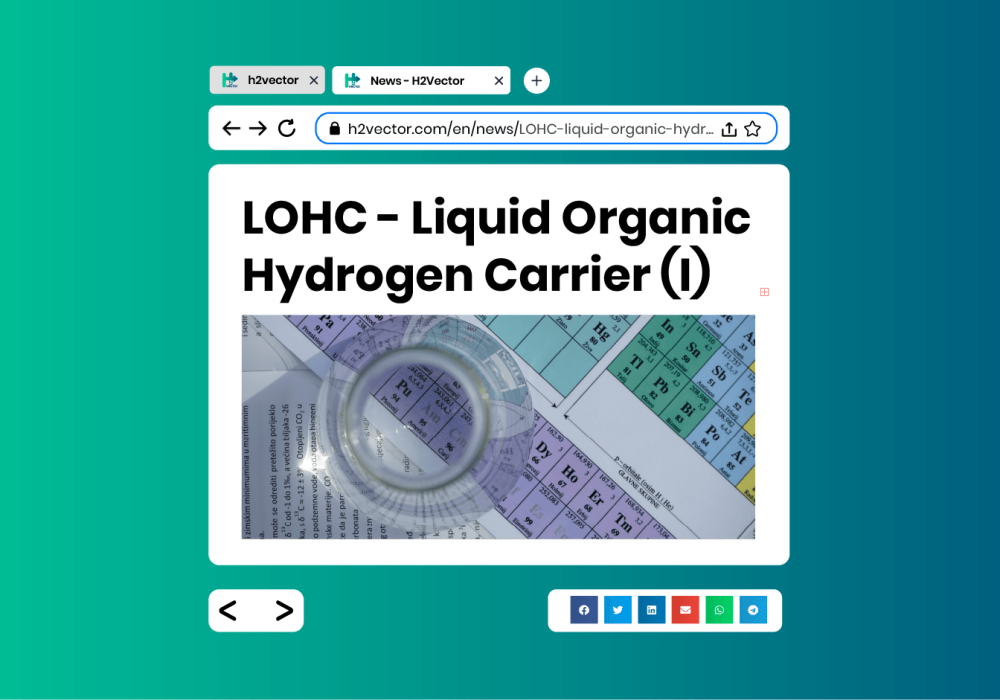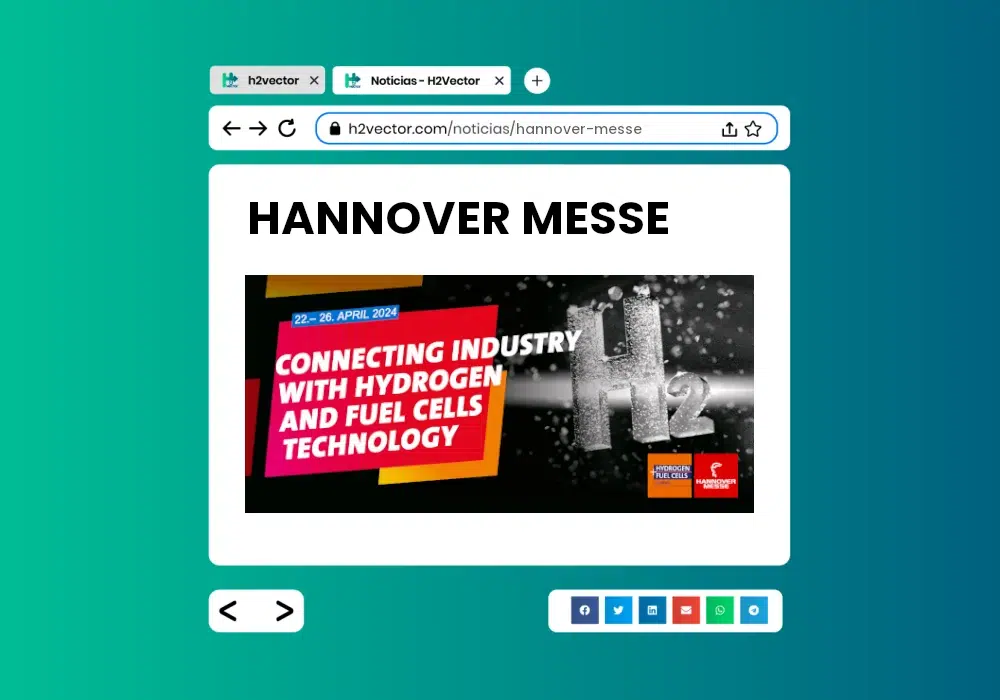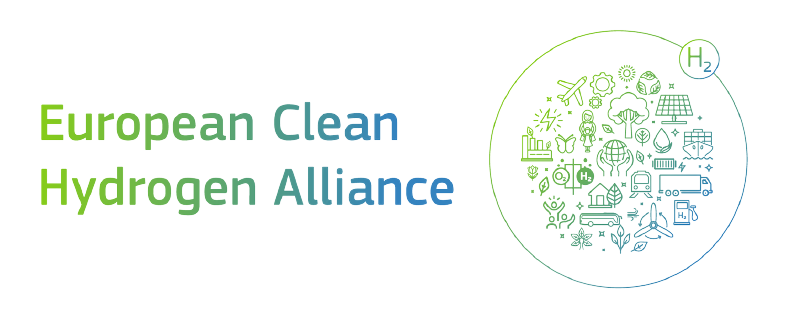In the previous post, we spoke about how the decision of the way to storage hydrogen is vital to guarantee the best performance of the project. Design a more efficient storage of hydrogen improve the inclusion and approval of this combustible in the society. In this manner, together with the generation of hydrogen through renewable sources (green hydrogen) a big step will be led forward the decrease in the greenhouse gases emission.
It is obvious that the integration of the hydrogen in the energetic system cannot happen in a total and immediately way, due to the existence of important economic, technological and institutional barrier that shall be overcome. One of this technological barrier that is keeping attention recently is to improve the storage through Liquid Organic Hydrogen Carrier (LOHC). It is important to emphasize that, although the research of LOHC for hydrogen storage has started recently, these chemical reactions that involve hydrogen has been successfully used in the industry during decades, for example, for the modification of vegetable oils and petroleum products.
A hydrogenation reaction consists in the addition of hydrogen to a compound. In general, this happens in a reversible way, what means that it is possible to obtain the initial reactive liberating the gas incorporated through the inverse reaction, called dehydrogenation (Figure 1). Moreover, during this process it is produced a compensation of the energy. The hydrogenation reaction is an exothermic reaction, while the dehydrogenation is endothermic. This implies the liberated energy in the first reaction is equal to the energy that it is necessary to be added for the second reaction to happen, achieving ideally an energetic requirement equal to zero.

There are huge amounts of organic compounds that can be subjected to this pair of inverse reactions. However, the control of the variables will modified speed, time, efficiency and performance, being the correct selection a key factor in the successful of its development.
The promising future of the LOHC technology lies in its storage properties, in liquid state and at temperature and pressure ambient condition, suiting a better acceptance by the final user, already familiarized with combustibles in this format.







